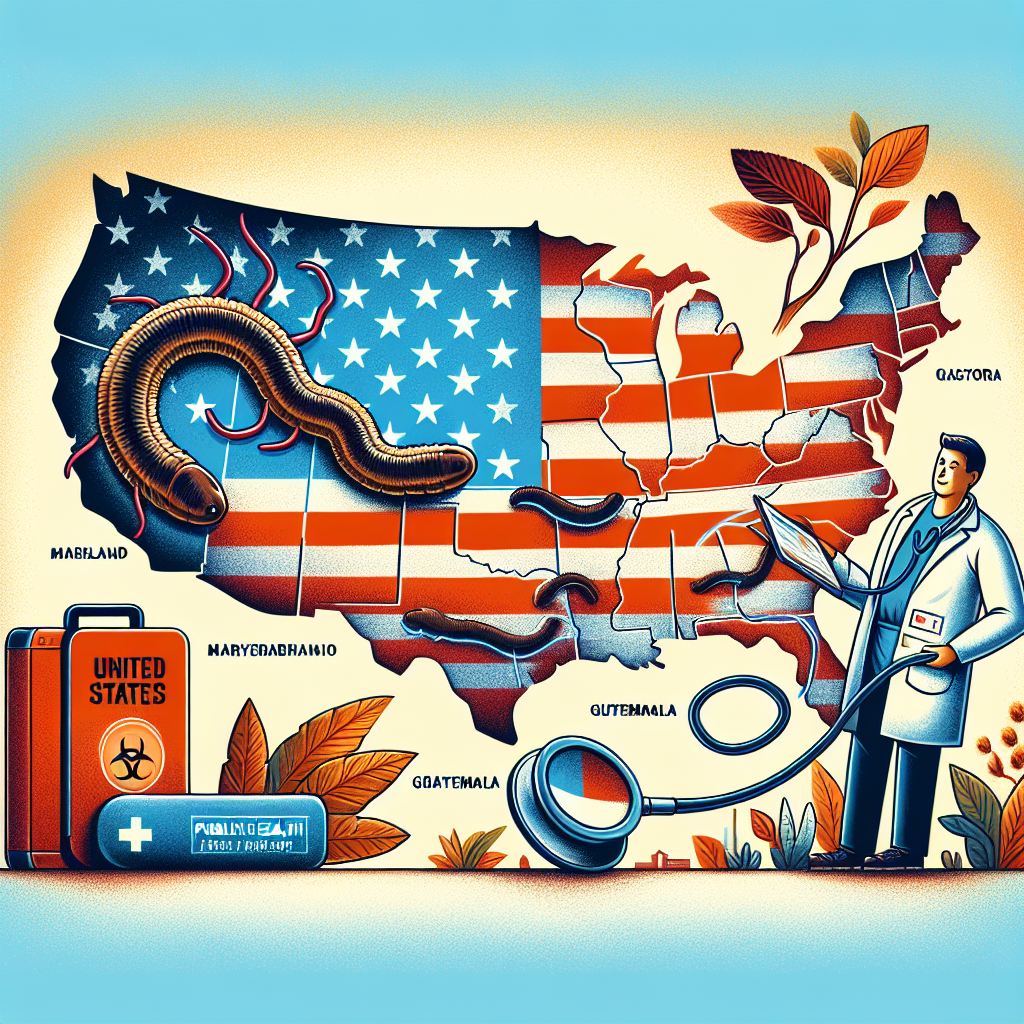Impact of Mexican Cattle Border Closure: A Report by Texas A&M Economist

Overview of the Border Closure
Since November, the United States has enforced a border closure for the import of Mexican cattle as a precaution to prevent the entrance of screwworms. This measure, aimed at safeguarding the U.S. livestock sector, has led Texas A&M University's livestock economist to prepare a detailed report evaluating the impacts of this decision on the industry.
Key Findings
The closure has significant implications, affecting various aspects of the cattle industry:
- Market Disruptions: The restriction on incoming Mexican cattle can lead to shortages, affecting beef supply and increasing prices.
- Economic Strain on Producers: Farmers who depend on importing cattle from Mexico may experience losses in profit margins due to limited supply options.
- Consumer Impact: Restricted access to cattle may lead to higher prices for consumers, affecting overall market dynamics.
- Long-term Consequences: Continued closure could result in shifts in the market structure, with potential long-term effects on both U.S. and Mexican cattle trade.
Conclusion
The report prepared by the Texas A&M livestock economist will provide essential insights into the consequences of the border closure. It will explore potential paths forward for the industry, addressing both immediate needs and strategies for adaptation. Staying informed and proactive will be crucial for stakeholders in navigating the challenges brought about by this significant regulatory measure.
Overall, the closure represents a critical juncture for the U.S. cattle industry, emphasizing the need for thorough analysis and strategic planning to mitigate adverse outcomes.
